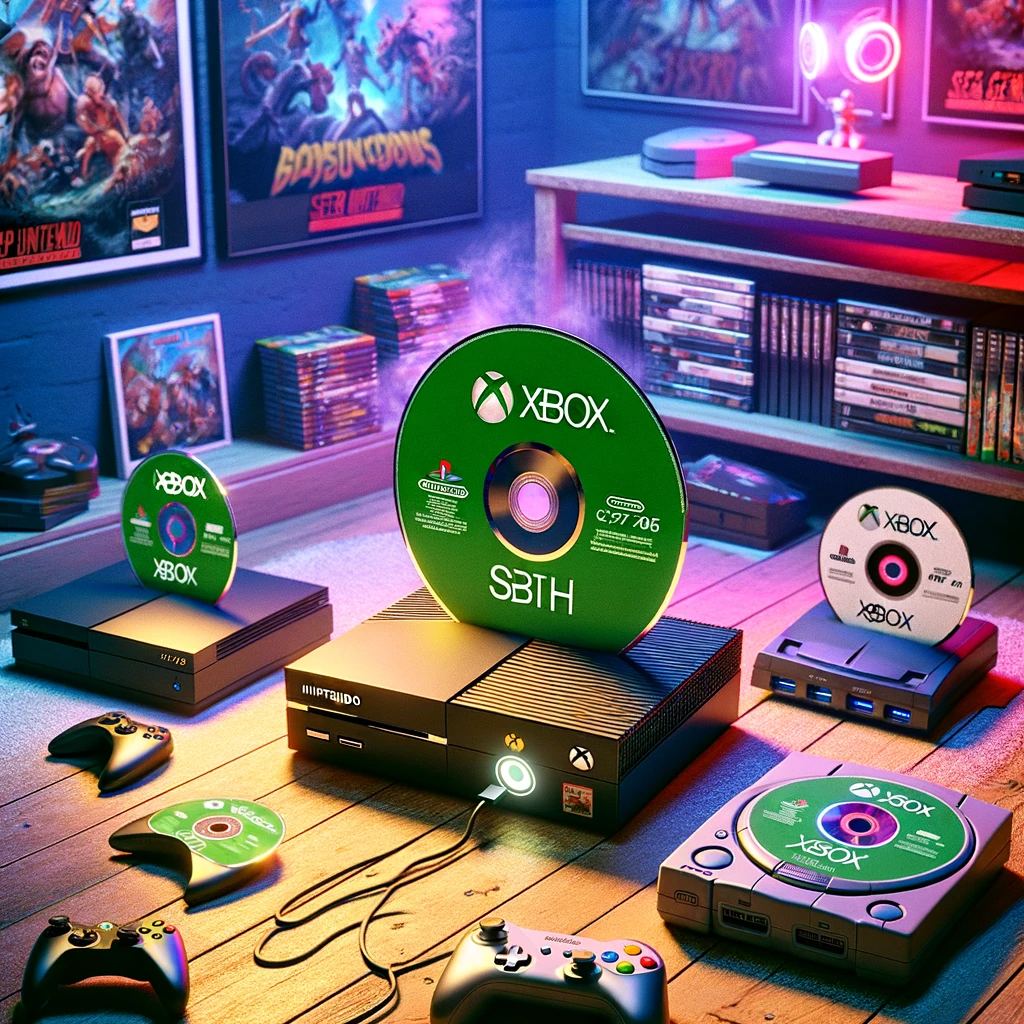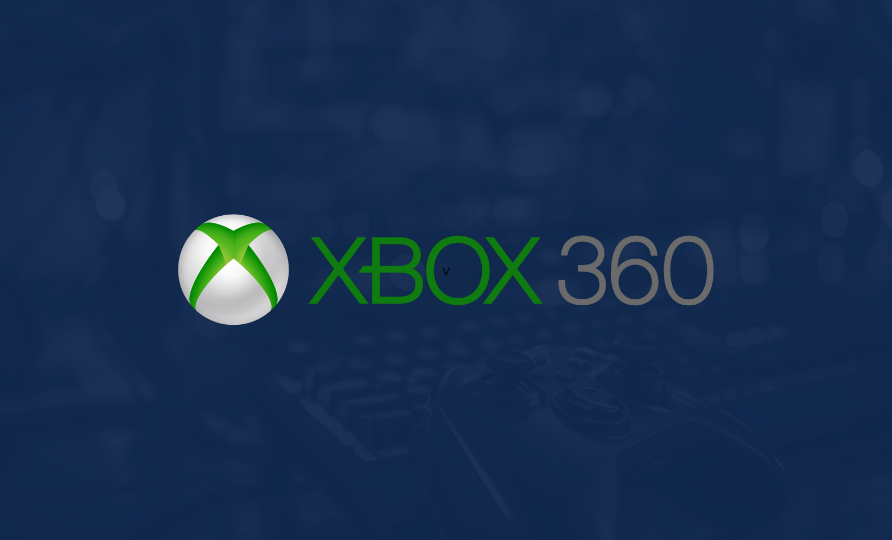In the lead-up to Microsoft’s Developer_Direct event, slated for Thursday, speculations are rife about the company’s stance on the exclusivity of Xbox games.
While much attention is focused on the anticipated announcements regarding titles like Indiana Jones, Senua’s Saga: Hellblade 2, and Avowed, an even bigger question looms: will Microsoft unveil plans to expand its game library to other platforms, such as the PlayStation 5 and Nintendo Switch?
During Microsoft’s Annual Shareholders Meeting, Satya Nadella, the company’s CEO, made a statement that added to the confusion surrounding Microsoft’s gaming strategy. He mentioned,
“We think that now, we can do what we’ve always set out to do, which is build great games and deliver them to folks across all platforms, right, which is Xbox and consoles, the PCs, and now even including mobile gaming and cloud gaming.”
Nadella’s statement, while promising in its inclusivity, left room for interpretation. Given his relatively limited involvement in the gaming industry, the ambiguity of his words could imply several scenarios.
It might suggest a commitment to bringing games to all platforms, or it could imply a more cautious approach with only a few minor titles to test the waters. Alternatively, Nadella might have referred solely to titles like Minecraft and future Activision Blizzard releases without indicating a significant shift in the current gaming landscape.
Divergent views within Microsoft
The confusion deepens when considering the contrasting views expressed by Microsoft executives. Tim Stuart, the Chief Financial Officer of Microsoft, suggested last year that Xbox was pursuing a “change of strategy,” and that PlayStation and Nintendo were no longer considered “competitors.” This raised questions about potential collaborations between Microsoft and other gaming platforms.
However, Phil Spencer, the head of Xbox, quickly countered this notion by stating that they had “no plans to bring Game Pass to PlayStation or Nintendo.” While this does not necessarily preclude bringing games natively to those platforms, it does highlight the complexity of Microsoft’s approach and leaves room for speculation.
AI’s growing role in gaming
Despite the ambiguity surrounding Microsoft’s gaming strategy, it is clear that the company sees gaming as a vital component of its business. Nadella emphasized that gaming offers synergy with Microsoft’s advancements in artificial intelligence (AI).
He remarked,
“When I think about AI, what we’re doing at the infrastructure layer or what we will do at the edge, it’s sort of the same set of transistors used for graphics, guess what is being used for AI.”
This underscores Microsoft’s commitment to integrating AI into gaming.
The application of AI in gaming has been predominantly focused on enhancing graphics and optimizing gaming experiences. However, Microsoft’s investment in AI suggests a broader vision for its utilization in the gaming industry.
As the gaming community eagerly awaits Microsoft’s Developer_Direct event, Xbox game exclusivity remains at the forefront. It remains to be seen whether the event will clarify Microsoft’s plans or further deepen the ambiguity surrounding its gaming strategy.
While Satya Nadella’s comments hint at a more inclusive approach to gaming, the divergent statements from within Microsoft raise questions about the company’s true intentions. Will Microsoft choose to expand its game library to other platforms, or will it maintain its current stance of exclusivity? Only time will tell, and all eyes will be on the Developer_Direct event for answers.





